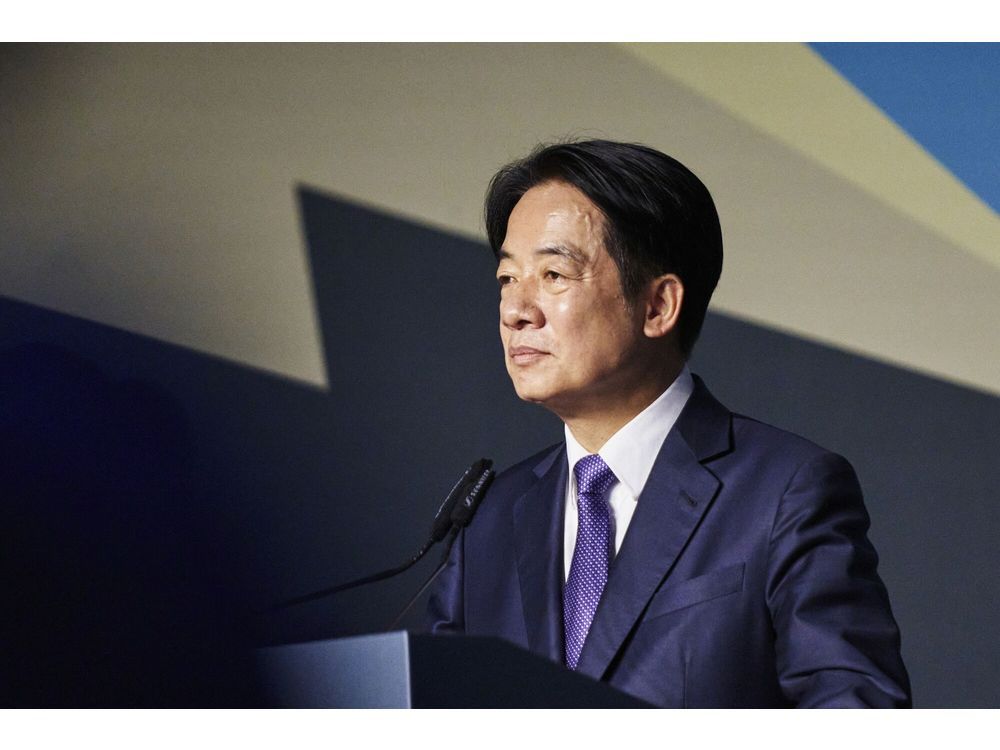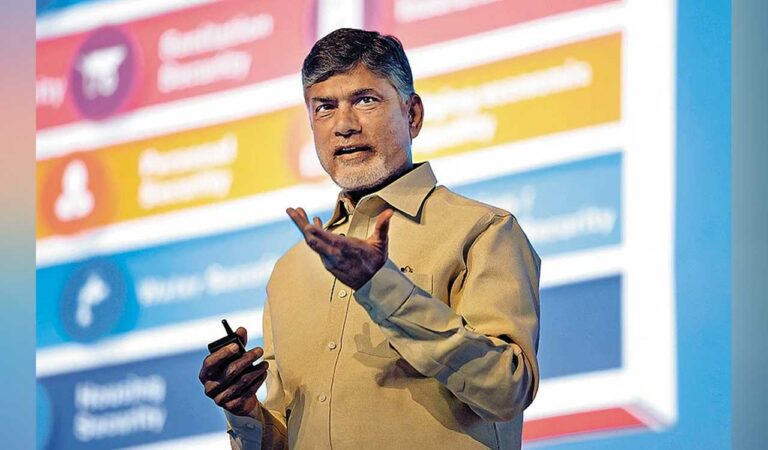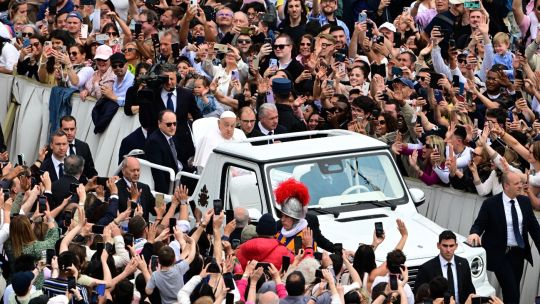Taiwan President Lai Ching-te said his government could eliminate duties on US products if Washington did the same, the latest overture from the self-run democracy as it seeks to placate its main military backer. Author of the article: You can save this article by registering for free here . Or sign-in if you have an account.
(Bloomberg) — Taiwan President Lai Ching-te said his government could eliminate duties on US products if Washington did the same, the latest overture from the self-run democracy as it seeks to placate its main military backer. Subscribe now to read the latest news in your city and across Canada. Subscribe now to read the latest news in your city and across Canada.

Create an account or sign in to continue with your reading experience. Create an account or sign in to continue with your reading experience. Sign In or Create an Account “While Taiwan already maintains low tariffs, with an average nominal rate of 6%, we are willing to further cut this rate to zero on the basis of reciprocity with the US,” Lai wrote in a piece for Bloomberg Opinion on Thursday.
By wiping out the last obstacles to fair trade, Lai wrote, “we seek to encourage greater trade and investment flows between our two economies.” Get the latest headlines, breaking news and columns. By signing up you consent to receive the above newsletter from Postmedia Network Inc.
A welcome email is on its way. If you don't see it, please check your junk folder. The next issue of Top Stories will soon be in your inbox.
We encountered an issue signing you up. Please try again Interested in more newsletters? Browse here. It’s unclear whether Lai’s offer would appeal to US President Donald Trump given his preference for resorting to duties to offset trade surpluses that economies like Taiwan run with the US.
Last week, Trump hit goods from the archipelago excluding semiconductors with levies of 32% as part of his “Liberation Day” event, though he’s since paused the higher tariffs that hit dozens of countries. Lai has faced mounting criticism at home that his government has not managed to broker lower tariffs with Taiwan’s largest trading partner. Officials in Taipei are also acutely aware they need to maintain goodwill with the US because Washington is the archipelago’s main guarantor of security in the face of an increasingly assertive Beijing.
China views Taiwan as part of its territory — a claim the government in Taipei rejects — and the People’s Liberation Army has recently stepped up its military intimidation. Lai’s comments echo Taiwan’s long-standing desire for a free-trade agreement with the US, a request that has stalled in recent years as Washington has shifted its trade priorities away from such bilateral deals. In his commentary, Lai also said Taiwan would “rapidly expand procurement of American goods,” buy more weapons for its self-defense and add to its investments in the US.
He said these moves showed his government had “a comprehensive roadmap for how Taiwan will navigate the shifting trade landscape, transforming challenges in the Taiwan-US economic relationship into new opportunities for growth, resilience and strategic alignment.” Last month, Taiwan Semiconductor Manufacturing Co., the world’s biggest maker of advanced chips, said it would add another $100 billion to its investments in the US.
Also, state-owned CPC Corp. signed a non-binding letter of intent to invest in a proposed liquefied natural gas pipeline in Alaska to secure energy sources and boost ties with the US. Lai pledged in February to boost military spending to 3% of GDP after Trump suggested Taipei should pay for American protection.
That move came on top of Taipei saying it would spend a record amount on defense in 2025. On Thursday, Taiwan central bank Governor Yang Chin-long told lawmakers that uncertainty surrounding US tariffs lingered despite the reprieve. The government separately warned that levies at the 32% level could hit exports and slow growth this year to as low as 1.
64%. —With assistance from Cindy Wang. Postmedia is committed to maintaining a lively but civil forum for discussion.
Please keep comments relevant and respectful. Comments may take up to an hour to appear on the site. You will receive an email if there is a reply to your comment, an update to a thread you follow or if a user you follow comments.
Visit our Community Guidelines for more information..
Top

Taiwan’s Lai Floats Zero Tariffs on US Goods to Placate Trump

Taiwan President Lai Ching-te said his government could eliminate duties on US products if Washington did the same, the latest overture from the self-run democracy as it seeks to placate its main military backer.











